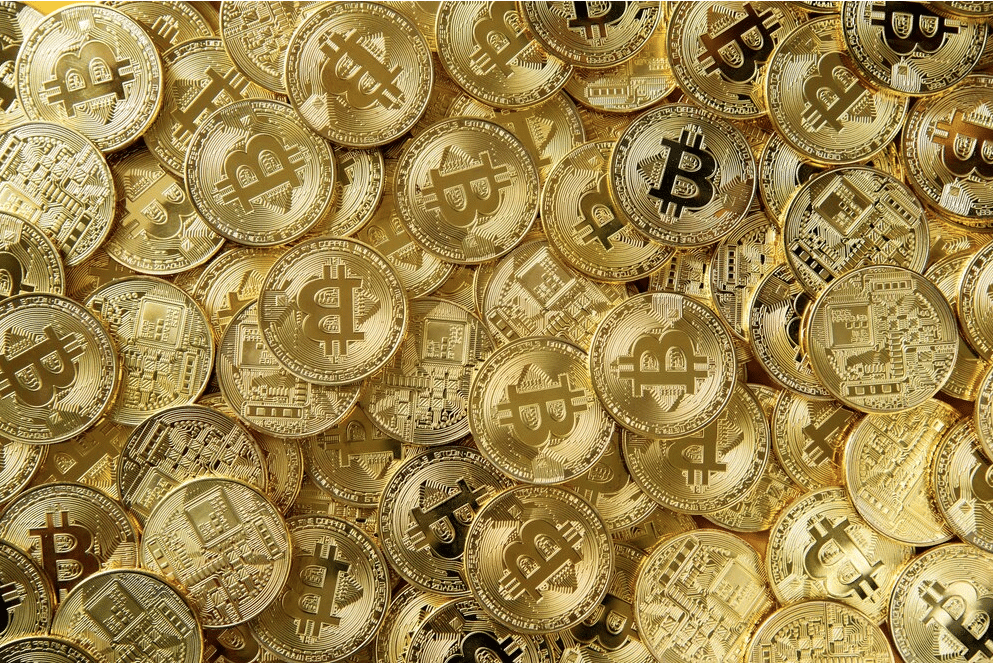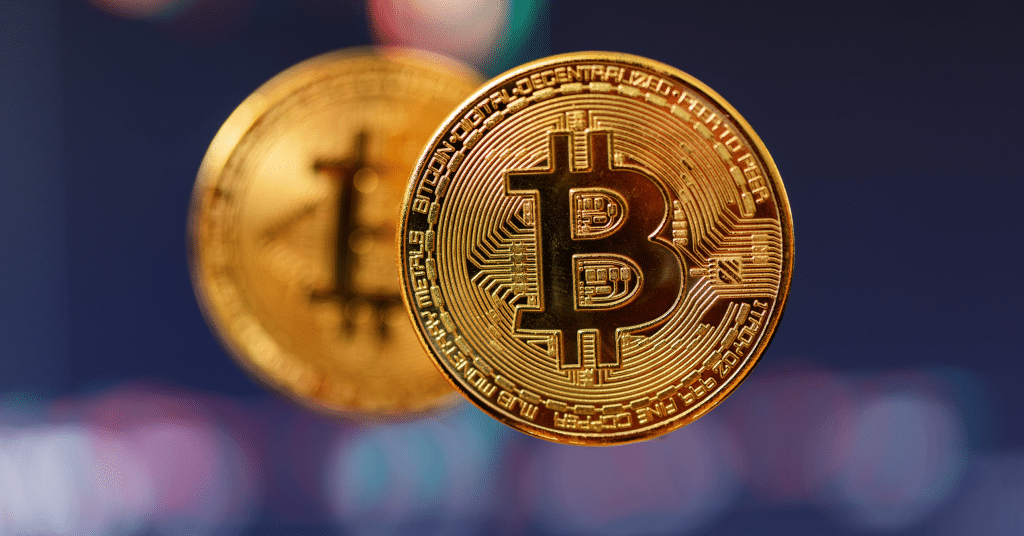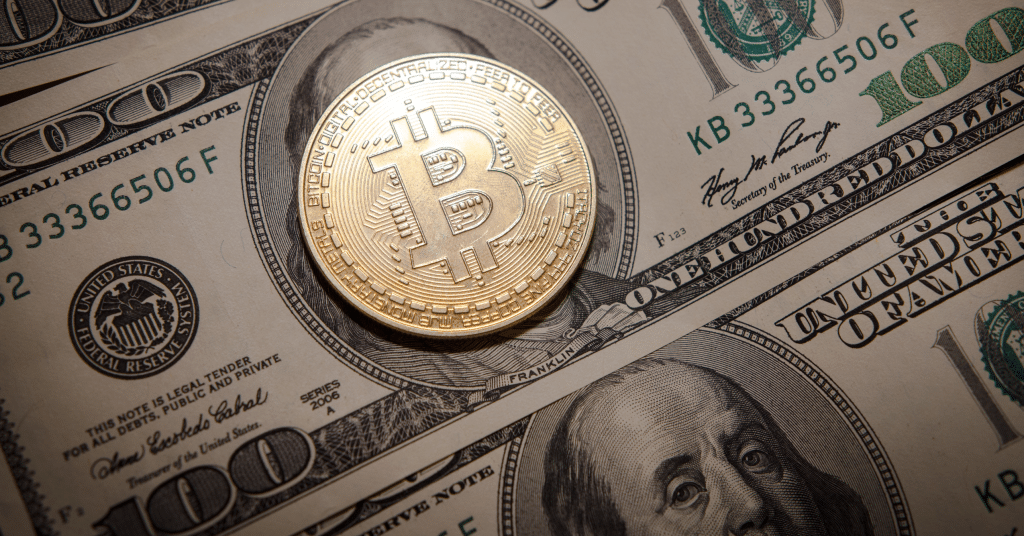Is Bitcoin a security or commodity? The answer dictates whether the U.S. treats it like Apple stock or crude oil—with huge implications for investors.
The SEC labels most crypto as securities, but the CFTC calls Bitcoin a commodity. Misunderstanding this risks fines, delistings, or tax surprises.
Unlike many altcoins, Bitcoin’s decentralization exempts it from security status. The SEC’s Bitcoin ETF approval reinforced its commodity classification, yet regulatory uncertainty lingers. As enforcement grows, knowing where Bitcoin stands helps safeguard your portfolio.
This guide cuts through the confusion, clarifying the rules and their real-world consequences so you can confidently navigate crypto’s regulatory minefield.
Bitcoin Security vs Commodity: Key Takeaways
- Bitcoin is currently classified as a commodity in the United States by the CFTC (Commodity Futures Trading Commission), not a security, which impacts how it’s regulated and traded.
- The SEC (Securities and Exchange Commission) has consistently affirmed that Bitcoin is not a security, setting it apart from many other cryptocurrencies.
- The commodity classification means Bitcoin is subject to less stringent regulations than securities, allowing for broader market access and different tax treatment.
- This classification impacts everything from how Bitcoin ETFs are approved to how gains are taxed, making it essential knowledge for investors in the crypto space.
Security vs Commodity in Crypto – Explained
To understand Bitcoin’s regulatory status, it’s essential to grasp the fundamental differences between securities and commodities in cryptocurrency. The table below provides a clear side-by-side comparison of these classifications and shows where Bitcoin fits within this framework.
| Feature | Securities | Commodities | Bitcoin |
|---|---|---|---|
| Regulatory Body | SEC | CFTC | CFTC |
| Investment Expectation | Profits mainly from the efforts of others | Value from supply/demand dynamics | Value primarily from market forces |
| Centralization | Typically issued by a centralized entity | No central issuer | Decentralized |
| Test/Classification | Subject to Howey Test | Based on fungibility and use | Treated as commodity |
| Registration Requirements | Strict registration required | Less stringent oversight | No registration as a security |
| Trading Restrictions | More restricted trading venues | Available on broader markets | Wider accessibility |
The fundamental distinction between securities and commodities lies in their nature and how value is derived.
Securities: Securities represent an investment in a common enterprise with an expectation of profit derived primarily from the efforts of others—like stocks or bonds in a company.
Commodities: Commodities, on the other hand, are interchangeable goods whose prices are determined by market supply and demand, regardless of who produced them—like gold, oil, or agricultural products.
Bitcoin has been classified as a commodity because it functions more like digital gold than a company share: each Bitcoin is identical to another, its value is market-driven, and it doesn’t represent an ownership stake in an enterprise.
This classification has profound implications for Bitcoin’s regulatory treatment and market accessibility.
Understanding the Characteristics of Bitcoin
Bitcoin’s classification as a commodity stems from its fundamental characteristics. It’s interchangeable, meaning each coin is identical to another regardless of origin.
Its price is predominantly driven by supply and demand factors rather than the performance of a central entity. Unlike securities, Bitcoin’s value isn’t dependent on or influenced by a centralized enterprise working to increase its worth.

Bitcoin operates on a decentralized blockchain network without central authority controlling its operations or development. The cryptocurrency’s finite supply (capped at 21 million coins) and its use as both a store of value and a medium of exchange further align with commodity-like properties.
These characteristics have led regulators like the CFTC to conclude that Bitcoin “looks and acts like a commodity” in a case of functional regulation, regardless of its digital nature.
What Does The SEC Say About Bitcoin?
SEC Chair Gary Gensler has repeatedly clarified Bitcoin’s regulatory status, stating explicitly that “Bitcoin is not classified as a security.” This position has been consistent across multiple SEC administrations, with Gensler noting,
“Regarding Bitcoin, my predecessor and I have said that’s not a security.” This stance was reinforced by the SEC’s approval of spot Bitcoin exchange-traded funds (ETFs), allowing the digital asset to be traded on prominent US exchanges.
The SEC applies the Howey Test to determine if an asset qualifies as a security. Under this test from a 1946 Supreme Court case, an asset is considered a security if it involves:
- An investment of money,
- In a common enterprise,
- With an expectation of profits derived solely from the efforts of others.
Bitcoin fails this test primarily because there is no identifiable central enterprise behind it whose efforts drive returns.
Why Does It Matter If Bitcoin is a Commodity?
Bitcoin’s classification as a commodity rather than a security has profound implications for its market accessibility and regulatory treatment. For tax purposes, the IRS treats all cryptocurrencies as property, which means capital gains taxes apply when selling Bitcoin at a profit.
However, the CFTC’s classification of Bitcoin as a commodity means it is subject to less stringent regulations than securities, which opens more trading venues and reduces compliance burdens.
This distinction affects everything from how Bitcoin can be traded to who can participate in its markets. Securities typically require registration with the SEC and compliance with strict reporting requirements, which would significantly limit Bitcoin’s accessibility.
As a commodity, Bitcoin benefits from a more open market structure with fewer barriers to entry.
What Are The Implications of Bitcoin Being a Commodity?
Bitcoin’s commodity status changes the game for investors and markets. Here’s how:
Easier Access – Unlike securities, commodities don’t come with strict investor rules. That means anyone can trade Bitcoin on major platforms without jumping through hoops.
More Investment Options – Commodity status paved the way for Bitcoin futures and ETFs, opening doors for Wall Street and everyday investors.
Stabler Trading – Commodity markets have well-known risk tools (like futures and options), which can help smooth out Bitcoin’s wild price swings over time.
Meanwhile, securities face heavier regulation—think stricter rules, more legal risks, and bigger price swings from regulatory news. Bitcoin’s commodity label keeps it in a simpler, more flexible category… for now.
Future Of Bitcoin Being a Security vs Commodity
The future of Bitcoin’s classification appears stable as a commodity, but the broader cryptocurrency regulatory environment continues to evolve.
Regulators worldwide are working to develop frameworks that balance innovation with investor protection. Clear definitions and guidelines remain paramount, as misaligned regulations could hinder blockchain technology’s growth and adoption.
While Bitcoin’s commodity status seems secure, changing market conditions or new regulatory interpretations could alter this classification.
However, Bitcoin’s decentralized nature and established market presence make significant regulatory reclassification increasingly unlikely.
Instead, the future regulatory focus will likely center on creating more nuanced frameworks for the diverse cryptocurrency ecosystem beyond Bitcoin.
Follow these crypto news websites to stay updated about the latest happenings in the crypto community.
Conclusion: Bitcoin’s Commodity Status Provides Market Advantages
Bitcoin’s classification as a commodity rather than a security fundamentally shapes its regulatory treatment and market accessibility.
This distinction aligns perfectly with Bitcoin’s decentralized nature and value derivation from market forces rather than corporate efforts. For investors, this means broader market access, lighter regulatory burdens, and distinct tax considerations.
As regulatory frameworks evolve, Bitcoin’s established commodity status provides clarity that many cryptocurrencies lack. Whether you’re investing or simply trying to understand the landscape, recognizing this classification offers valuable insight into Bitcoin’s unique financial position.
Ready to explore cryptocurrency investing further? Consider consulting a financial advisor specializing in digital assets.
FAQs
The IRS classifies all digital currencies, including Bitcoin, as property for tax purposes. This means every time you sell or trade Bitcoin, you’re potentially creating a taxable event, and if you sell it for more than what you originally paid (your cost basis), you’ll owe capital gains taxes on the profit.
Not all cryptocurrencies share Bitcoin’s commodity classification. The CFTC has explicitly declared Bitcoin and Ethereum as commodities, but many other cryptocurrencies, particularly those involved in Initial Coin Offerings (ICOs), may be classified as securities if they meet the criteria of the Howey Test.
While US regulators struggle with classifying crypto, Europe has taken a more comprehensive approach with the Markets in Crypto Act (MiCA).
In the United States, multiple agencies have jurisdiction: the IRS treats all crypto as property for tax purposes, the SEC determines if cryptocurrencies qualify as securities, and the CFTC regulates cryptocurrencies classified as commodities.
Bitcoin’s commodity status has enabled the SEC to approve spot Bitcoin ETFs, allowing the digital asset to be traded on prominent US exchanges, including the Nasdaq.





